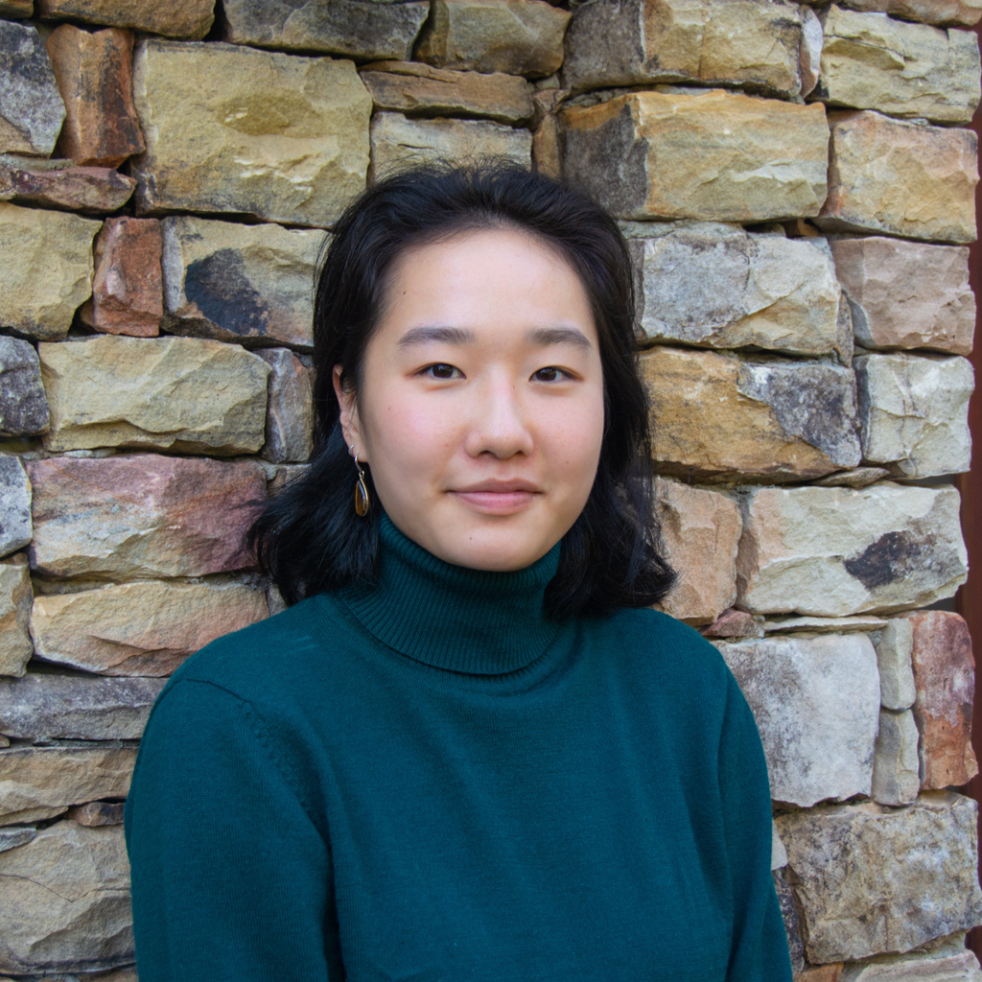In the Technique’s Volume 107, Issue 2 piece, “Why I love our America,” Micah Veillon expresses discontent for declining patriotism and argues for the appreciation and continuation of the American heritage, especially Anglo-Saxon traditions.
Considering the historical, cultural and sociological factors that make up today’s America, I find Micah’s stance on American patriotism and tradition be incredibly narrow.
I also find it to be inflexible and harmful as it hinders positive societal change due to the idolization of the concept of white America.
In arguing for the importance and continuation of Anglo-Saxon traditions, Micah praises white America for establishing today’s “spectacular civilization,” stating “we are where we are because of the customs and traditions of our forefathers — especially those of the Anglo-Saxon tradition … and which has become the Anglo-American tradition.”
A mind-set like this completely disregards the centuries of diverse American contribution in addition to the millennia of Native Americans before it.
Native Americans lived in complex and rich societies well before the “founding” of America via the Mayflower. Their cultural, economic and political contributions have always and continue to play meaningful effects on modern America.
Asian Americans have played a significant role within the last century and half of residency from being the primary builders of the Transcontinental Railroad to playing essential political and cultural roles.
Black people essentially built the backbone of industrial America and are some of the most, if not the most, significant economic, political, cultural, intellectual and artistic forces of our country.
As these are only a few examples of the historically unrecorded and currently underrepresented minority groups, there is no doubt in the enduring contributions minority groups have made far beyond our knowledge.
Additionally, no group exists within isolation, people have been interacting with people of different identities since the beginning of time.
The history, heritage and culture of any demographic has been irreversibly affected by the different histories, heritages and cultures around it. We do not owe our inheritance to Anglo-Saxon tradition, but rather to the complex, messy, revolutionary, destructive and constructive interactions between all people of all different identities.
To claim that America owes its greatness to a singular demographic means to vastly oversimplify its heritage, which in turn discredits, dishonors and disrespects all it took to really get here.
In honoring the so-called Anglo-American heritage, Micah argues for greater appreciation of American traditions and in support of greater patriotism.
He states that “as beneficiaries of the American traditions, we owe a debt to our forefathers that we cannot dismiss, and we are obligated … to improve and perpetuate it. We cannot accomplish this cumbersome task without a love for our country and an understanding of who we are.”
While I disagree with the concept of paying a debt to our ancestors (since it is the living who are affected now, not the dead), to a certain degree I agree with the concepts of improvement and love. However, it is important to make a distinction between love and idolization, of which I believe Micah falls in the latter category. As he describes America, words such as “splendid,” “spectacular,” “delightful” and “wonderful” appear.
He writes that “we, as Americans, are heirs to a splendid inheritance unfathomable to most in the chronicles of human history.” His quote from Aristotle, “two impulses will bring humans to cherish something: knowing it is theirs, and that it is delightful,” aptly establishes the notion of maintaining and accepting the status quo.
While practicing gratitude and appreciation is generally a positive practice in finding more satisfaction and happiness and life, it becomes counterproductive when applied to institutions such as politics and economy.
These are institutions where constant change and criticism are needed to best serve its people. When government and traditions are idolized, this ironically disregards the original American tradition: challenging and breaking outdated customs and beliefs.
I also disagree with the notion of a decline of love for the country. People may have problems with the broader American institutions, but still show love without explicit pro-American speech.
Truly progressive love can come on a more intimate and local level as people hold deep attachment and love for their distinct American lives. Their family, friends, community, and culture is what makes up the love of a thriving, vibrant society.
The connection people have with other members of their community, with other Americans, is the driving force behind wanting to improve the lives of others and therefore improve America.
The greatest love for your country is not just about recognizing and perpetuating your own American traditions, but includes improving the lives of all its citizens and recognizing and honoring its full heritage.
Actually loving a country means challenging yourself to learn about all aspects of its history, society, culture, politics, economy and more, not just what’s comfortable to you.
It is about acknowledging that an individual will never be able to fully understand certain experiences or fully know about every aspect of their country, and thus be willing to constantly listen and learn.
It is about always critiquing your country, so that it may develop to become a more equitable, sustainable, healthy and thriving society.
America is not a “splendid inheritance” nor a “spectacular civilization,” but a flawed, complex, powerful, contradictory, vibrant, and diverse society. I love my community, city and country, and because of that I will continue to critique, learn, and fight for a better future.
